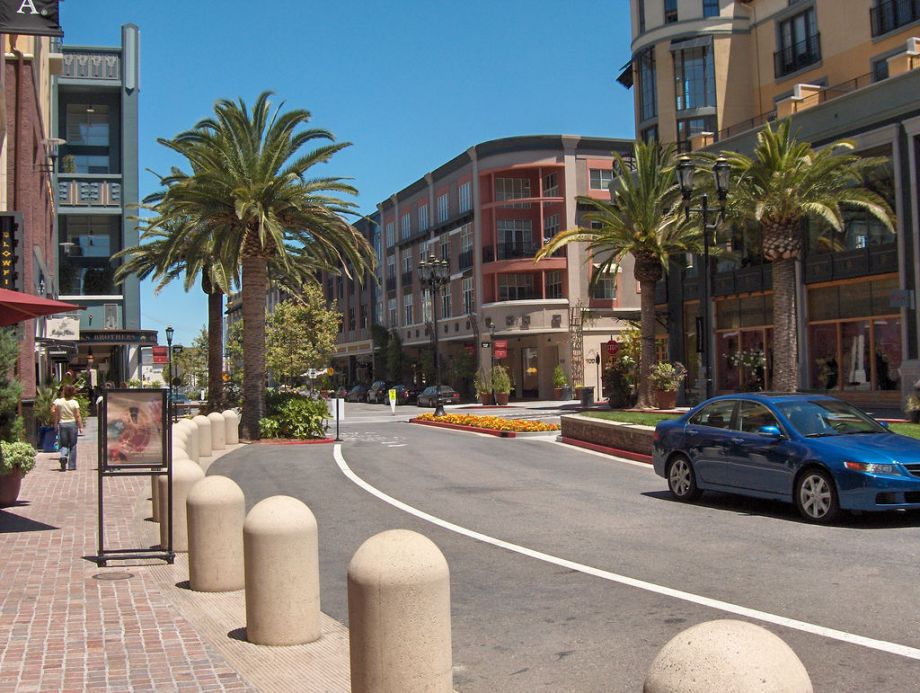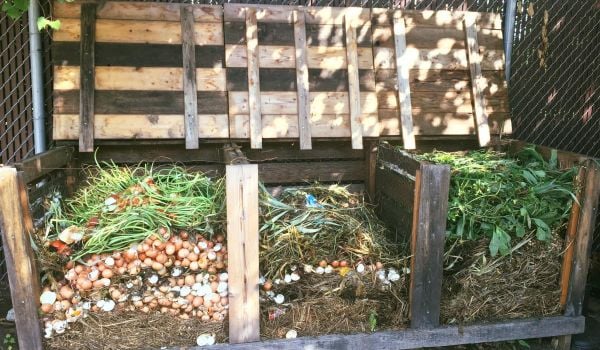Detroit’s 3.4-mile M-1 Rail line, whose $125 million cost is being covered by a mix between public, private, and non-profit funds, stands apart from most infrastructure projects in the United States because its construction wasn’t entirely paid for by the government. Yet thanks to a new commitment of $200 million from the Ford Foundation announced today, it may be the first in a whole generation of similar projects departing from what is now the norm.
With an endowment worth more than $10 billion, the Ford Foundation has its hands on projects across the world, but its leadership has become increasingly interested in improving regional cooperation in the United States, land of frequent battles between cities and suburbs; metropolitan areas and the country. In the last few years, it has provided money for such organizations as the Brookings Institution, the National Community Land Trust Network, and the National Urban League.
But $200 million in aid goes further than ever before because it will allow the organization to spur regions to reconsider how they approach the difficult but deeply interconnected issues of transportation, housing and land use. Small grants will be structured to promote economic growth, aid in the provision of adequate transportation, and expand access to affordable housing by encouraging joint planning. The Foundation hopes to serve as a “national convener and advocate for innovation.”
The U.S. Departments of Transportation and Housing and Urban Development have recently developed a partnership to promote similar goals.
The Ford Foundation’s focus on Detroit is a model for how it intends to spread its newly dedicated funding source. In 2006, the Foundation distributed seven million dollars to the city for neighborhood upgrades and a downtown riverwalk project; last year, it found $2.1 million for the M-1 Rail line, joining a number of local organizations in aiding a poor city improve its transit network.
Other struggling cities could see a similar mix of grants as an impetus to improve cooperation between governments and private organizations. Yet the Foundation’s investments aren’t guaranteed to pay off. Detroit’s transit project isn’t even in the construction phase yet; whether it will improve the city’s situation couldn’t be less clear.

Yonah Freemark is a senior research associate in the Metropolitan Housing and Communities Policy Center at the Urban Institute, where he is the research director of the Land Use Lab at Urban. His research focuses on the intersection of land use, affordable housing, transportation, and governance.




_600_350_80_s_c1.JPEG)











